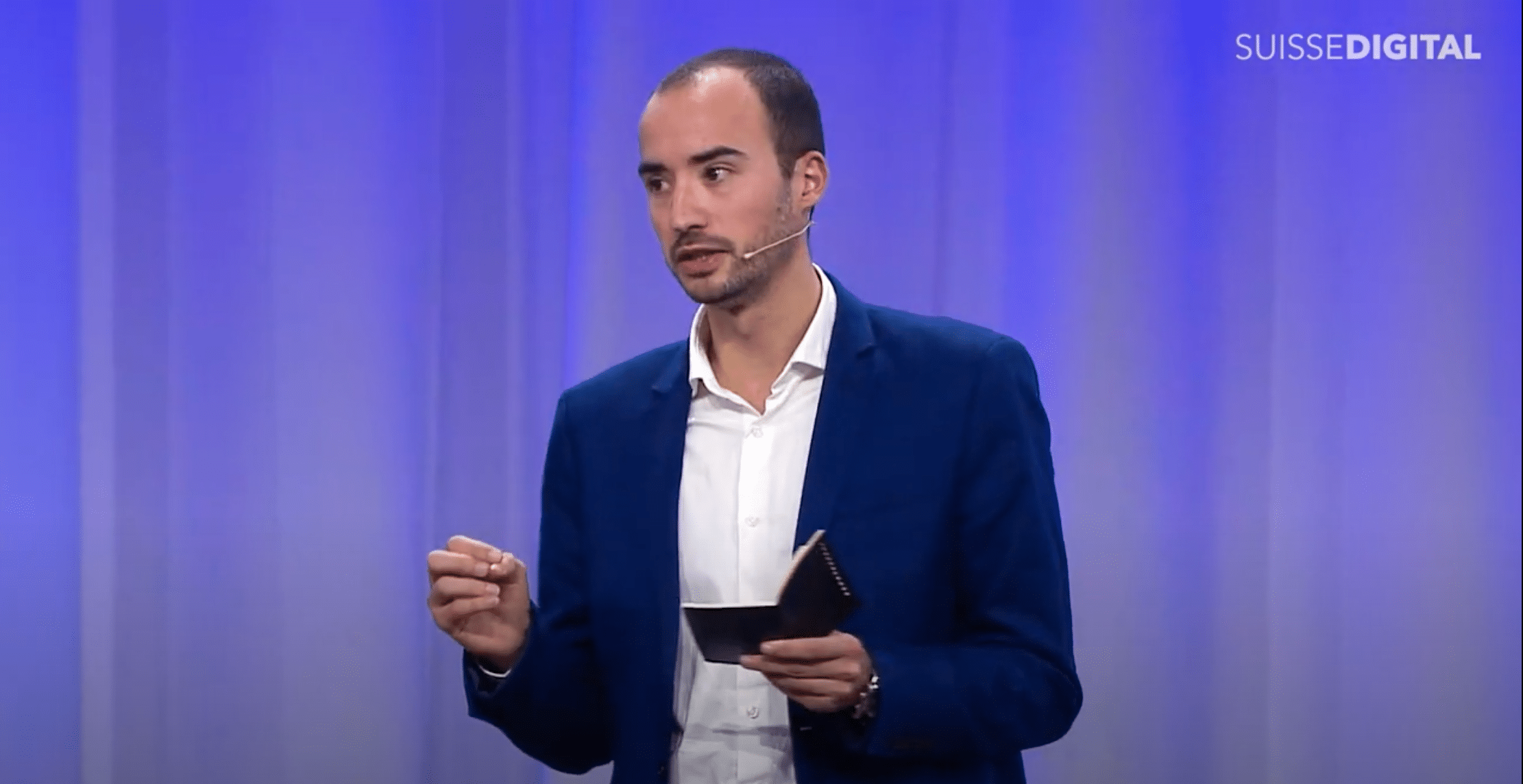Exclusive, expert-generated resources for all you need to know about Green IT


In the modern digital landscape, sustainability has become a pivotal theme. As organizations strive to meet environmental goals and reduce their carbon …
Mikujy, the start-up that advocates digital sobriety
“L’illustré” went to meet young entrepreneurs who are innovating, aware of the issues linked to climate and digital transitions, and driven by …
The cloud in the crosshairs of the energy crisis
Since the end of September, the Microcity-based start-up has been marketing a platform enabling companies to measure their IT footprint. Delphine Seitiée …
SUISSEDIGITAL-DAY 2022 – Ivan Mariblanca Flinch
Green IT as a lever for corporate sustainability Recent publications
Five tips for green Internet surfing
Digital pollution is a growing concern. But solutions exist to limit our digital footprint. Here’s some advice from a specialist. The biggest …
Another digital universe is possible
What if digital literacy was everything? Ivan Mariblanca Flinch Nature & natural sciences Soft cover 150 pages ISBN: 9782322035953 Publisher: Books on …









